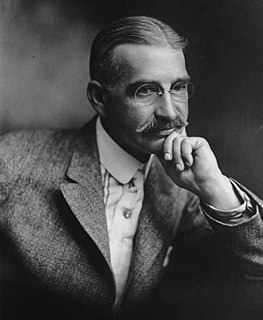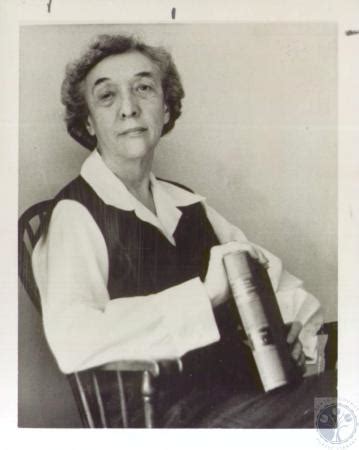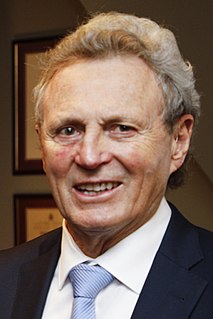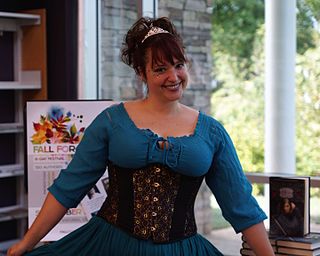A Quote by L. Frank Baum
Folklore, legends, myths and fairy tales have followed childhood through the ages, for every healthy youngster has a wholesome and instinctive love for stories fantastic, marvelous and manifestly unreal. The winged fairies of Grimm and Andersen have brought more happiness to childish hearts than all other human creations.
Related Quotes
I love monsters, I love creatures, I love beings, I love aliens. That's more supernatural and more the stuff of fairy tales. Fairy tales are as ancient as we are. I love those stories. I think they're really interesting because they always have more than simply the fright aspect. There's something deeply psychological.
I loved reading Grimm's fairy tales and Hans Christian Andersen, and I loved to dream about other worlds and other lives. Maybe that has something to do with having an incomplete family, being an only child. All I know is I loved to pretend, and all that was in tandem with my wanting to be an actress.
Ever heard of anyone executed for distributing copies of Grimm's fairy tales? Imagine people trying to smuggle copies of Hans Christian Andersen's works into China? The Bible, which has been called a mere collection of myths has suffered all of these fates: even today, copies of the Bible are banned and burned. There's something about this ancient book that threatens and frightens those in power.
William Shakespeare was the most remarkable storyteller that the world has ever known. Homer told of adventure and men at war, Sophocles and Tolstoy told of tragedies and of people in trouble. Terence and Mark Twain told cosmic stories, Dickens told melodramatic ones, Plutarch told histories and Hans Christian Andersen told fairy tales. But Shakespeare told every kind of story – comedy, tragedy, history, melodrama, adventure, love stories and fairy tales – and each of them so well that they have become immortal. In all the world of storytelling he has become the greatest name.
In a sense, every human construction, whether mental or material, is a component in a landscape of fear because it exists in constant chaos. Thus children's fairy tales as well as adult's legends, cosmological myths, and indeed philosophical systems are shelters built by the mind in which human beings can rest, at least temporarily, from the siege of inchoate experience and of doubt.
I wanted to avoid what some modern tellers have done, quite legitimately, to make fairy tales more like novels and short stories, to characterize the heroes and the heroines much more than they are characterized in Grimm. I like the psychological flatness of them, the fact that they're more like masks than individuals.
The spark for 'In Praise of Slowness' came when I began reading to my children. Every parent knows that kids like their bedtime stories read at a gentle, meandering pace. But I used to be too fast to slow down with the Brothers Grimm. I would zoom through the classic fairy tales, skipping lines, paragraphs, whole pages.



































